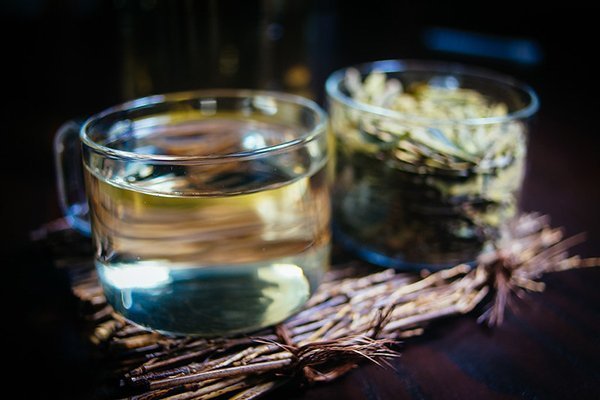
The Purity of water quality
The Purity of water quality refers to the proportion of impurities suspended in water. For steeping tea, the higher water purity, the cleaner the tea, and will not have a bad smell.If the purity of the water is bad, looks cloudy or smells bad, may has a bad effect on the health of the human body.
The Hardness of water quality
Hard
water is water that has high mineral content (in contrast with “soft
water”). Hard water is formed when water percolates through deposits of
limestone, chalk or gypsum which are largely made up of calcium and
magnesium carbonates, bicarbonates and sulfates (Wikipedia).
Salt compounds are commonly found in natural water sources, and their effect on tea is not serious at normal levels. For example, adding 16mg of sodium chloride in 1L of water to brew green tea will only make the tea taste slightly lighter, while adding 16mg of sulfites will mellow the taste.
In the daily drinking spring, the water from the silicate rock fracture is generally softer than from carbonic acid rock fracture.
The pH of water quality
The “pH” is the abbreviation of the Latin word “Pondushydrogenii” (Pondus=pressure, ium=hydrogen), a measure of the activity of hydrogen ions in a substance. This activity is directly related to acid, neutral and alkaline properties.In general, the pH value of water is directly proportional to the hardness of water.
Hard water has a higher pH, so we must soft it before steeping tea. The color and flavor of tea have a great relationship with the pH. In the same hardness of water is used to steep tea, the lower the pH, the lighter the color of tea, and the greater the freshness and the sense of convergence when tasting.
When the pH value is greater than 7, it will help the oxidation of thearubigins and theaflavins, making the tea darker in color, bringing the aging taste, and weakening the sense of convergence and consistency.
Choosing the right water for steeping tea
Depending on the type of tea, the water used to steep it varies. Choosing the right water is important for steeping tea.For example, green tea has a fresh, sweet taste and is ideal for steeping in low-pH water. The low-pH water can make the green tea bright-green in color, a fresh aroma, and more comfortable taste.
And to Pu’er, such complete-fermented tea, the aging process is an oxidation process from tea polyphenols to thearubigins and theaflavins, it’s the same as the direction of an oxidation reaction in the process of steeping tea with high-pH value water.
So, steeping tea with high-pH water not only brings tea an old aging taste but also be softer. When steeping the new Pu’er tea, use the middle-pH water, help people to judge its quality easily.
We can see, low-pH water is better for steeping complete-fermented tea, and the high-water is better for steeping non-fermented tea or partially-fermented tea. And choose the right water for steeping, can make the tea taste more delicious.
No comments:
Post a Comment